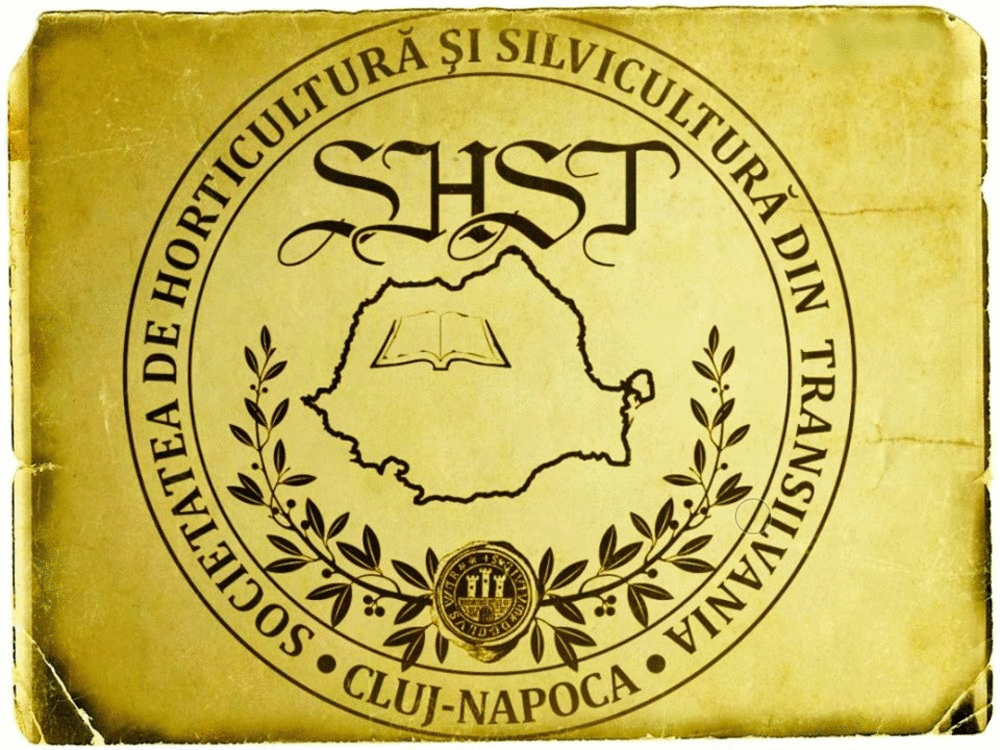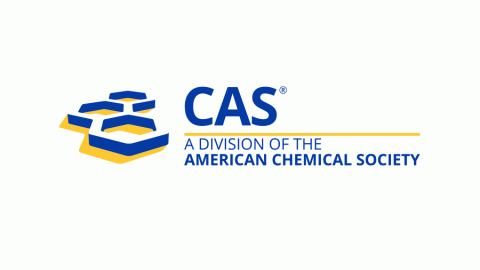Impact of Magnetic Treatment of Irrigation Water on the Growth and Yield of Tomato
DOI:
https://doi.org/10.15835/nsb739532Keywords:
crop booster; irrigation; magnetically treated water; voltageAbstract
This study was carried out to determine whether magnetic treatment of the irrigation water may actually enhance vegetative growth and yield of tomato. Three magnetic flux densities of 124, 319 and 719 G (treatments T1, T2 and T3) were used to treat the water and a control experiment (Tc) which was irrigated with non-magnetically treated water was also set up. The magnetic field was produced by an electromagnet that had a variable voltage unit varying the voltage from 4 to 12 V. The tomato were planted in buckets, kept in a transparent garden shed for 130 days and irrigated with magnetically treated water and non-magnetically treated water. A completely randomized design experimental layout was used in this study and each of the three treatments was replicated seven times. The results indicated that tomato crop irrigated with magnetically treated water grew faster than that of the non-magnetically treated water and the stem diameters were bigger than those of control. The heights of tomato plants (T1, T2 T3 and Tc) after 47 days were 560.0, 556.4, 588.6 and 469.3 mm respectively. The total yield after 130 days of survey for T1, T2 T3 and Tc were 892.1, 1075.8, 1045.7 and 637.7 g respectively. The percentage increment in yield from the plants treated with magnetically treated water varied from 39.9 to 68.7% compared to the yield from untreated water.
Metrics
Downloads
Published
How to Cite
Issue
Section
License
Papers published in Notulae Scientia Biologicae are Open-Access, distributed under the terms and conditions of the Creative Commons Attribution License.
© Articles by the authors; licensee SMTCT, Cluj-Napoca, Romania. The journal allows the author(s) to hold the copyright/to retain publishing rights without restriction.
License:
Open Access Journal - the journal offers free, immediate, and unrestricted access to peer-reviewed research and scholarly work, due SMTCT supports to increase the visibility, accessibility and reputation of the researchers, regardless of geography and their budgets. Users are allowed to read, download, copy, distribute, print, search, or link to the full texts of the articles, or use them for any other lawful purpose, without asking prior permission from the publisher or the author.













.png)















